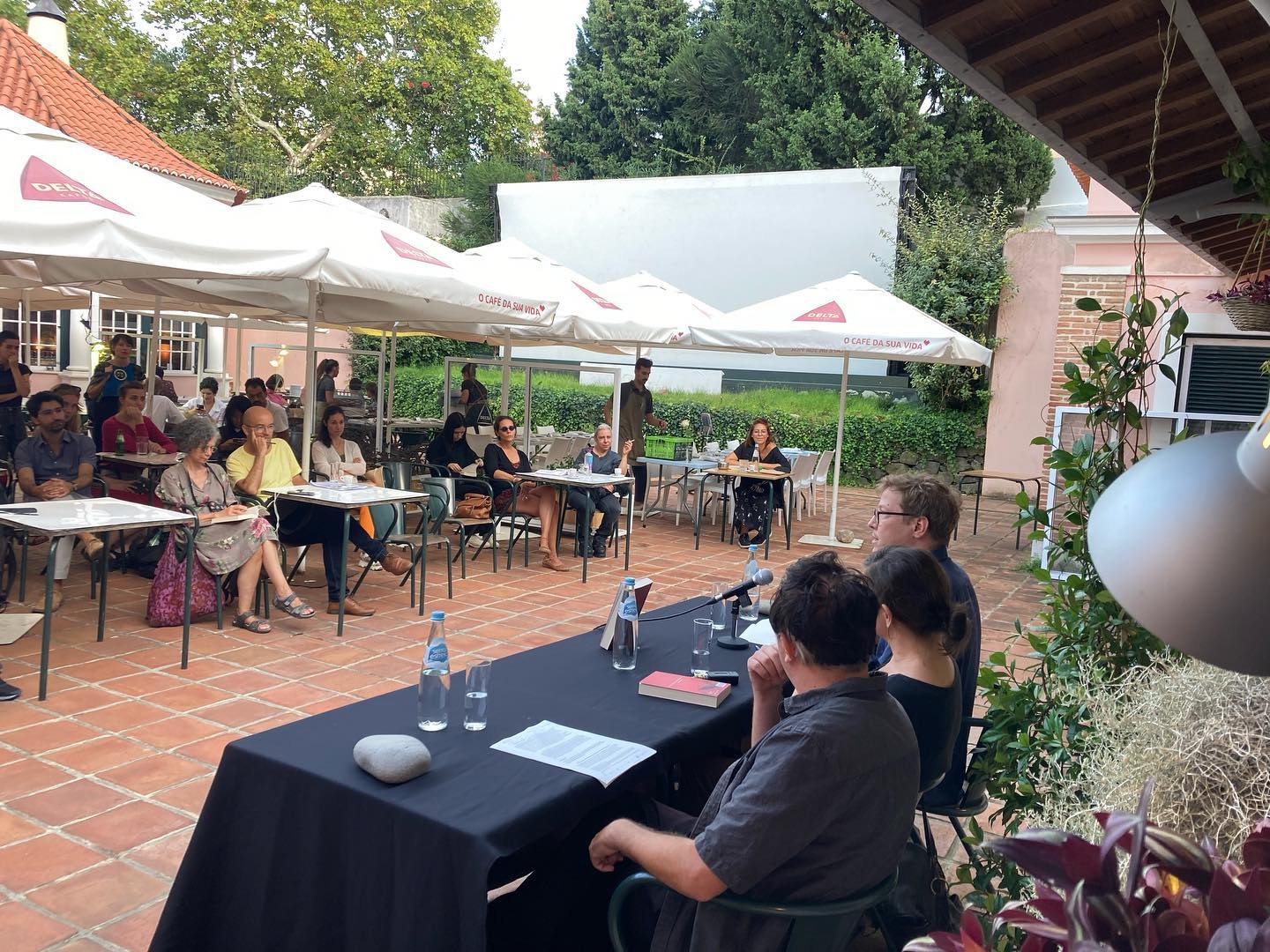PPPP - PIER PAOLO PASOLINI PHILOSOPHER ∙TONI HILDEBRANDT & GIOVANBATTISTA TUSA (ED.)
PPPP - PIER PAOLO PASOLINI PHILOSOPHER • 2022 MIMESIS INTERNATIONAL 323 pgs • Edited by Toni Hildebrandt & Giovanbattista Tusa • Textos Bárbara Vinken; Roland Barthes; Michel Foucault; Giorgio Agamben; Michael Hardt; Harun Farocki & Etc. • Lançamento na Cinemateca, no dia 23 de Setembro, às 18.00, com a presença dos editores e convidados • PVP 30€ • Linha de Sombra • Cinemateca Portuguesa.
“The author’s ability predestines him to a different exertion than that of consumption: the exertion, which in its highest form becomes sacrifice. By taking on the burden of sacrifice, the author lives, while others, who in a desperate endeavor cling to life, are already dead while living. In this society concerned only with preservation, it is the author, whose mission it is to overcome the instinct to survive. This is the author freedom.”
PASOLINI’S SACRIFICIAL DEATH, Barbara Vinken
“Pasolini was a philosopher as much as a reader: he studied the complete works of Freud, Nietzsche and Gramsci on his childhood, and, since the 1960s distinguished his style of thinking as “Anti-Hegelian”. He knew the Greek classics from memory, engaged with mythology at several points during his life and translated Aeschylus into Italian before working on a cinematographic adaption.”
PASOLINI, UNE PENSÉE, Toni Hildebrandt
“In HERETICAL EMPIRISM Pasolini writes «that reality is, in the final analysis, nothing more than cinema in nature». In order to perceive this reality, we need a sentient thought that enable us to imagine a world that is simultaneously real and allegorical, living and dead – as to give images a specific gravity, liberated from the burdens of European and Western history. We need a living thought that is written with the fragments of the real itself: inaugural, archaic, and yet at the same time new.”
THE PASOLINIAN CENTURY, Giovanbattista Tusa





